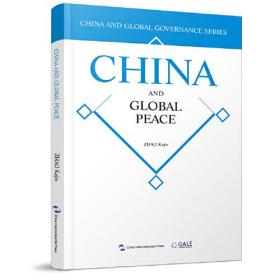
全球和平的中国方案(英)
¥ 39.6 3.4折 ¥ 118 全新
仅1件
河北保定
认证卖家担保交易快速发货售后保障
作者赵可金
出版社五洲传播出版社
出版时间2020-01
版次1
装帧其他
货号9787508542355
上书时间2024-11-15
- 最新上架
商品详情
- 品相描述:全新
图书标准信息
- 作者 赵可金
- 出版社 五洲传播出版社
- 出版时间 2020-01
- 版次 1
- ISBN 9787508542355
- 定价 118.00元
- 装帧 其他
- 开本 16开
- 纸张 纯质纸
- 页数 188页
- 字数 200千字
- 【内容简介】
-
“全球治理的中国方案”丛书(中、英文版),全面、深入地向国际社会阐释中国的全球治理观,展现中国作为一个负责任的大国,积极参与全球治理,努力为全球治理贡献中国主张、中国智慧、中国方案,并以踏实稳健的步伐,推动构建合作共赢、公正合理的全球治理体系和治理机制。
如何解决和平赤字,贡献和平智慧,提出和平方案,成为世界各国共同面临的时代问卷。《全球和平的中国方案》一书系统阐述中国倡导的人类命运共同体思想,这是谋求实现持久和平、共同繁荣的“中国方案”,更是推动全球治理秩序向着公正合理方向发展的新全球化理念。人类命运共同体思想开创了基于共同利益基础上的全球发展道路,致力于基于共同价值基础上的全球文明理论,建立起基于共同责任基础上的全球治理架构,其主旨在于弘扬和平、发展、合作、共赢的理念,超越不同国家、不同民族和不同宗教之间的隔阂、纷争和冲突,建设一个更加和平、更具包容、更加美好的世界。
Peace is the eternal dream of humanity regardless of racial and religious di erences. In today’s world rife with con icts of all kinds, the question of how to achieve world peace has become more urgent than ever before. In China and Global Peace, Zhao Kejin traces the root of the peace de cit to the Eurocentric mindsets underpinning the dominant forces of globalization, and presents Chinese thought as an alternative solution for global peace based on an analysis of traditional Chinese philosophies on peace and harmony. e book outlines China’s e orts to pave a new path toward global peace by o ering a slew of new concepts and initiatives aimed to promote open, inclusive, balanced, and equal development across the world, such as building a human community with a shared future, the Belt and Road Initiative, a holistic concept of security, and a new approach to global governance. - 【作者简介】
-
赵可金,男,1975年生,复旦大学法学(国际关系)博士,现为清华大学社会科学学院副院长、全球共同发展研究院副院长、国际关系学系主任,长聘教授,兼任教育部区域国别研究基地专家委员会委员、全国高校国际政治研究会常务理事、中国人民争取和平与裁军协会理事等学术职务,主要从事外交学理论、中国外交、中美关系等研究,出版各类著作18部,发表SSCI和CSSCI论文80多篇,先后荣获省部级奖励5项,入选教育部新世纪优秀人才,北京市“四个一批”优秀人才等支持计划。
ZHAO Kejin, PhD in international relations, holds many appointments at Tsinghua University, including vice president of School of Social Sciences, deputy director of Institute of Global Development, and chair of Department of International Relations. Zhao is also a member of the Expert Committee of Area and Country Studies Base under the Ministry of Education, and a standing member of the National Association of Chinese Universities for International Politics Studies. His research is focused on theories of diplomacy, China’s diplomacy, and Sino-US relations.
He has published more than 18 monographs, as well as over 80 journal articles included in the Social Sciences Citation Index and the Chinese Social Sciences Citation Index. Zhao is also a multi-award winner at national, provincial, and municipal levels. - 【目录】
-
Introduction Deficit in Peace and the China Solution
Chapter One Eastern Wisdom for World Peace
1.1 All under Heaven Being One Family
1.2 Regarding Peace as Most Precious
1.3 Using Culture to Influence People
Chapter Two Explorations of Peace by the Communist Party of China
2.1 Protecting Peace with Revolution: The International United Front and Peaceful Coexistence
2.2 Promoting Peace with Development: Peaceful Development and a Harmonious World
2.3 Fostering Peace with Win-Win Cooperation: A New Type of International Relations and a Human Community with a Shared Future
Chapter Three A New Type of International Relations
3.1 Background
3.2 Main Concepts
3.3 A Framework for Major-Country Relations
3.4 Implications for Peace
Chapter Four A Human Community with a Shared Future
4.1 Background
4.2 Main Concepts
4.3 The Chinese Wisdom
4.4 Implications for Peace
Chapter Five A Holistic Outlook on Security
5.1 Background
5.2 Main Concepts
5.3 Actions for Security
5.4 Implications for Peace
Chapter Six A Chinese Concept of Global Governance
6.1 Background
6.2 Main Concepts
6.3 Chinese Approaches
6.4 Implications for Peace
Chapter Seven The Belt and Road Initiative
7.1 Background
7.2 Major Considerations
7.3 Main Concepts
7.4 Implications for Peace
Chapter Eight Actions for Peace
8.1 Peacekeeping
8.2 Convoy Escort
8.3 Disarmament
8.4 International Assistance
8.5 Dialogue
8.6 Rights and Interests Protection
点击展开
点击收起
相关推荐
— 没有更多了 —


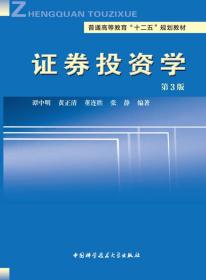
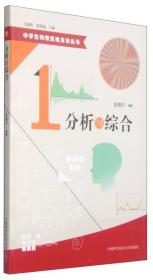
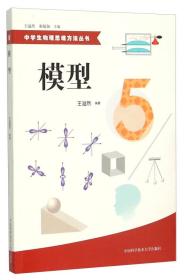


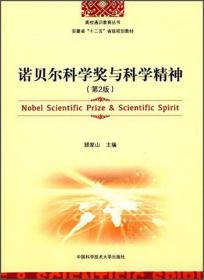
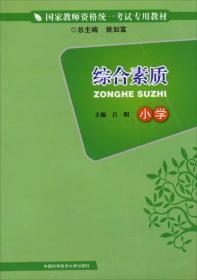

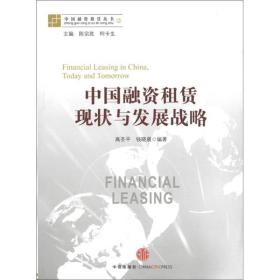





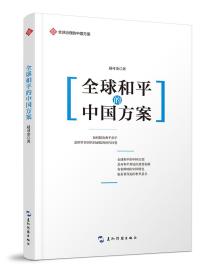



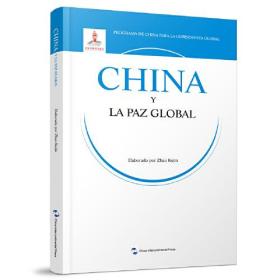

以下为对购买帮助不大的评价